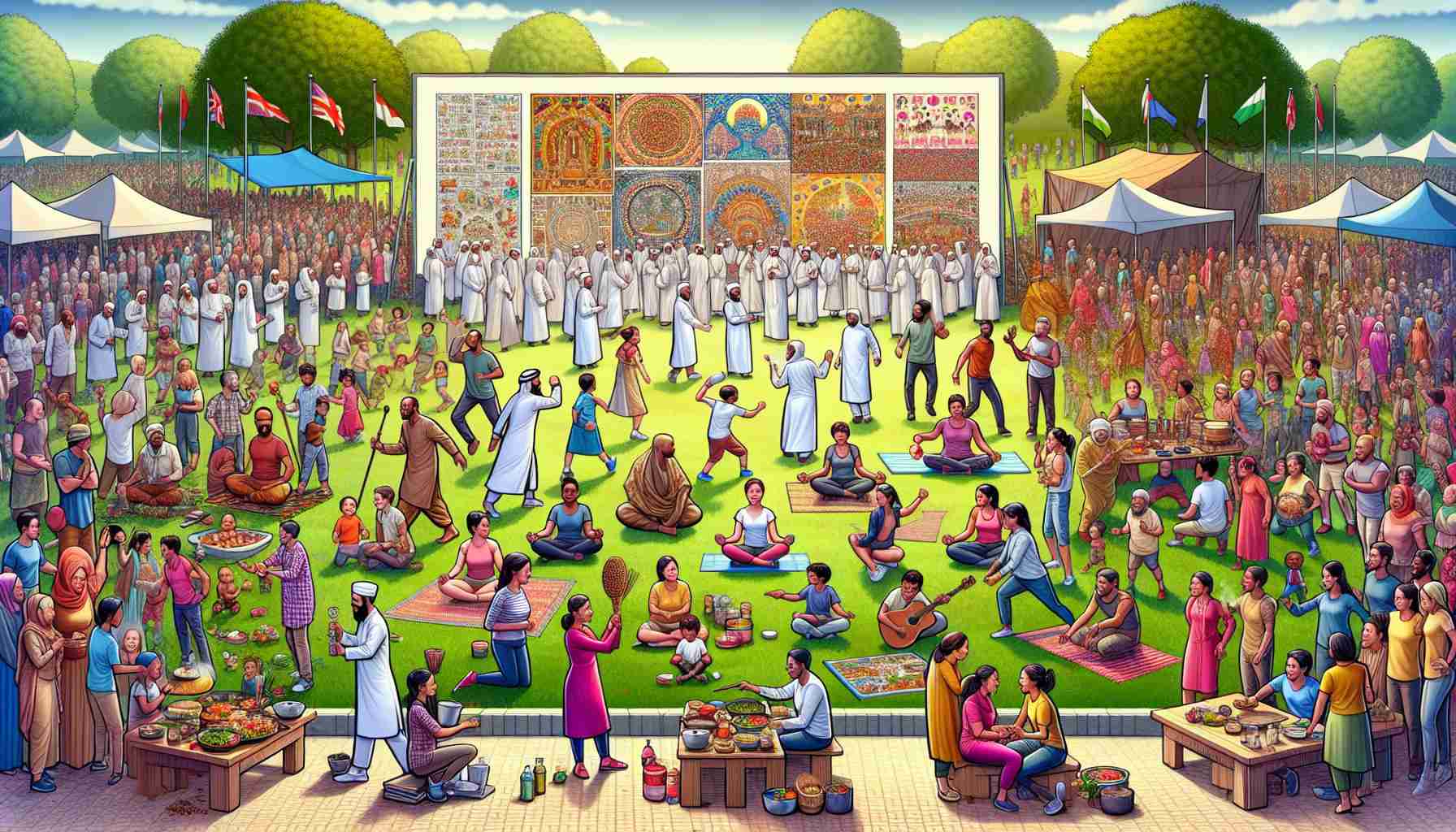A vibrant celebration was held in the heart of the community to honor the transformative journey of a thriving cultural health center. Jerilyn Church, a dedicated leader of the healthcare service, expressed gratitude to the community for their unwavering support in empowering indigenous healthcare.
Gone are the days of solely relying on modern medicine; a new era of wellness has dawned where culture and spirituality are interwoven into healthcare practices. Ryman LeBeau, a prominent tribal leader, emphasized the healing power of embracing traditions and identity within the realm of healthcare.
The genesis of this revolutionary healthcare initiative traces back to the tribal citizens of Rapid City expressing concerns over the quality of healthcare at Sioux San Hospital. This pivotal moment ignited a movement that led to the birth of a community-led healthcare approach.
Through the utilization of self-determination contracts, the Lakota tribes seized control of their healthcare destiny, marking a significant shift towards sovereignty and self-sufficiency. The community is now witnessing the realization of providing high-quality care within their own cultural framework.
From humble beginnings to a comprehensive healthcare haven, Oyate Health Center has blossomed into a beacon of wellness, serving thousands of individuals with a diverse range of services. This remarkable growth trajectory not only underscores the center’s dedication to holistic care but also signifies a promising future of expanded employment opportunities and community support.
Embracing the ethos of cultural wellness, Oyate Health Center stands as a testament to the enduring spirit and resilience of indigenous communities, charting a course towards a brighter, healthier future for all.
Exploring the Multi-Faceted Landscape of Cultural Wellness: Unveiling Hidden Realities
In the tapestry of celebrating cultural wellness, there exist nuanced layers and unspoken truths that shape the evolution of community health in profound ways. While the previous article shed light on the inspiring journey of Oyate Health Center, there are additional facets to consider when delving into the intricacies of cultural well-being.
Key Questions to Ponder:
1. How do historical traumas impact the delivery of culturally sensitive healthcare?
2. What role does language revitalization play in enhancing health outcomes within indigenous communities?
3. Are there sustainable models for integrating traditional healing practices alongside conventional medicine?
4. How can community health initiatives address systemic inequities in access to care?
Challenges and Controversies:
One of the primary challenges in promoting cultural wellness lies in navigating the tension between traditional healing practices and Western medical standards. Controversies often arise around the efficacy of integrating these approaches and the potential clash of belief systems. Additionally, overcoming historical distrust of healthcare systems among indigenous populations poses a significant hurdle in fostering true community engagement.
Advantages and Disadvantages:
The advantages of prioritizing cultural wellness in healthcare are manifold, including increased trust between providers and patients, improved health outcomes through culturally tailored interventions, and the preservation of indigenous knowledge systems. However, the disadvantages may manifest in resource constraints, resistance to change within established healthcare systems, and the need for ongoing education and training to bridge cultural gaps effectively.
In navigating the complexities of cultural wellness, it is essential to engage in open dialogue, foster mutual respect, and prioritize community-led solutions that honor diverse worldviews and healing traditions.
For further exploration on the subject of cultural wellness and community health, visit World Health Organization for global perspectives on indigenous health initiatives and best practices. Let the celebration of cultural well-being be a beacon of unity and empowerment for communities striving towards holistic health and resilience.
